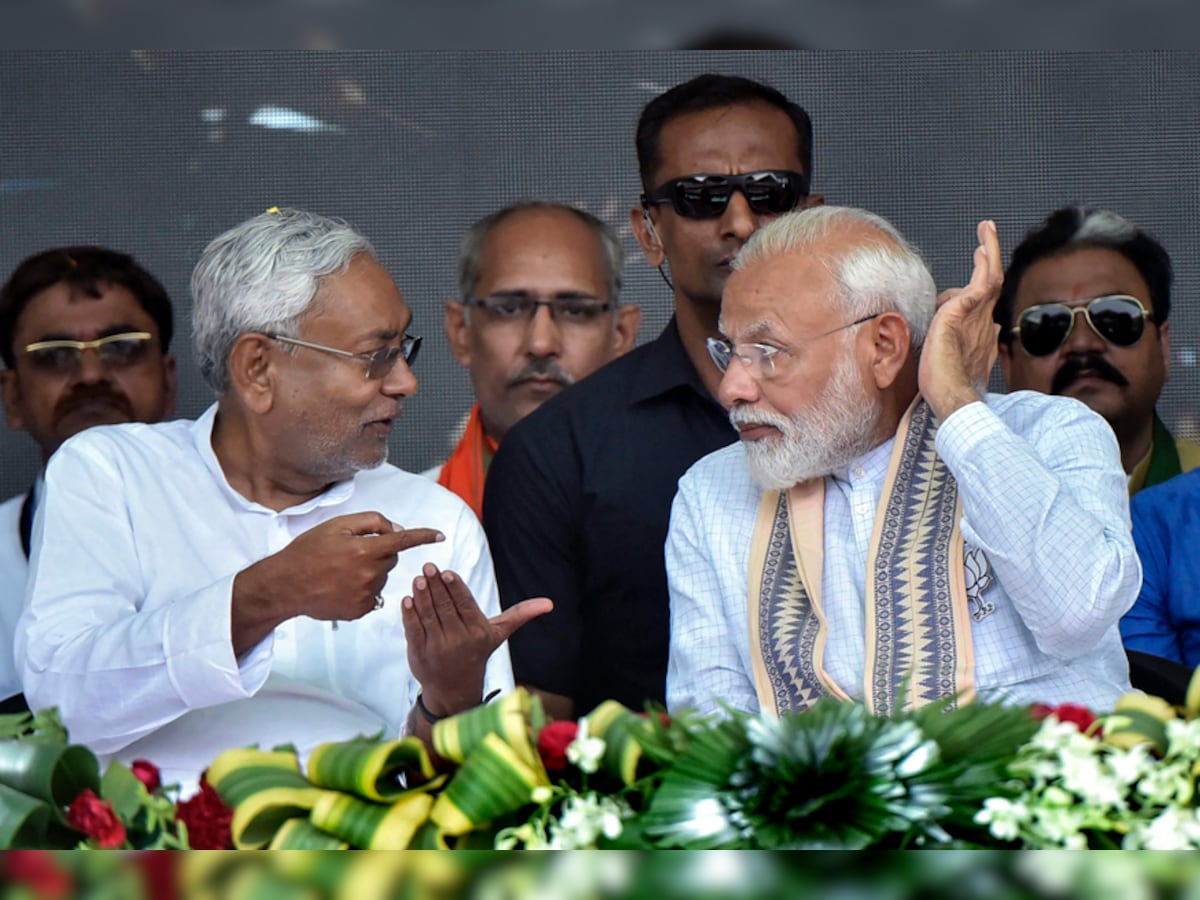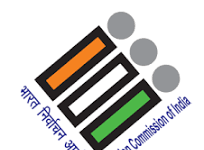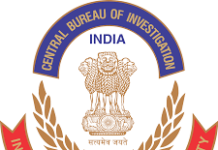
Signs of unease between the Bharatiya Janata Party and the Janata Dal (United) over issues including caste-based enumeration and the Pegasus snooping row have begun surfacing, nearly nine months after the parties formed a coalition government in Bihar.
Bihar chief minister Nitish Kumar, along with a delegation of opposition leaders in the state, will meet Prime Minister Narendra Modi on August 23, to push for a caste-based census, a long-standing demand of many parties that believe the reservation system is no longer representative of the demographic split of the population across castes.
The BJP has been reluctant to touch the sensitive issue (as, indeed, any party in power in the Centre has been) for fear of a political backlash. A caste census was conducted in 2011 but its results were not released.
“Status quo-ist forces and those who are anti-change are against the decision to have a caste-based enumeration,” JD(U) general secretary KC Tyagi said, referring to the BJP’s reluctance to conduct a caste-based census. “These forces fear that if the percentage of OBCs is higher than the 52% recorded by the Mandal Commission, there might be a demand for more quota.”
He also stated that the JD(U) supports eliminating the current quota cap of 50% on all quotas.
The current Indian reservation system is based on the Mandal Commission’s recommendations from the 1980s and a Supreme Court ruling capping reservations at 50%.
In 2019 and 2020, the Bihar assembly passed a resolution calling for a caste-based census. Surprisingly, the BJP voted in favour of the resolutions. In 2011, the Congress-led United Progressive Alliance conducted a socioeconomic and caste census. The caste information, on the other hand, was not made public. The last caste census in India was conducted in 1931.
The demands for caste-based enumeration come after Bihar’s chief minister called for an investigation into the Pegasus snooping scandal. “Phone tapping has been a hot topic for quite some time. These days, one never knows how one’s phone might be tapped. As a result, an investigation is required,” the chief minister stated on August 2.
The BJP-led central government did not confirm or deny its use of spyware for alleged surveillance in the Supreme Court on Monday.
The Pegasus controversy erupted on July 18 after an international investigative consortium reported that Pegasus had targeted the phones of Indian ministers, politicians, activists, businessmen, and journalists.
On Wednesday, Bihar’s water resources minister, Sanjay Jha, rebutted the Union government’s claim that the state had received 14.6 million water connections under the Jal Jeevan Mission (JJM) for rural households.
Jha said that 87% of rural households in the state have access to clean tap water and credited the state government for the achievement. “Thanks to vision of Hon CM Shri @NitishKumar, 87% of Bihar rural households have access to clean tap water,” he said in a tweet on Wednesday.
“The BJP has been working to fulfil its ideological concerns, whether it is the construction of the Ram Temple or abrogation of Article 370 to nurse its constituency. We are not a frontal organisation (of the BJP), we are a separate party that has the right to nurse our constituency without confrontation,” the leader said.





